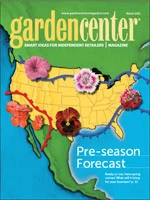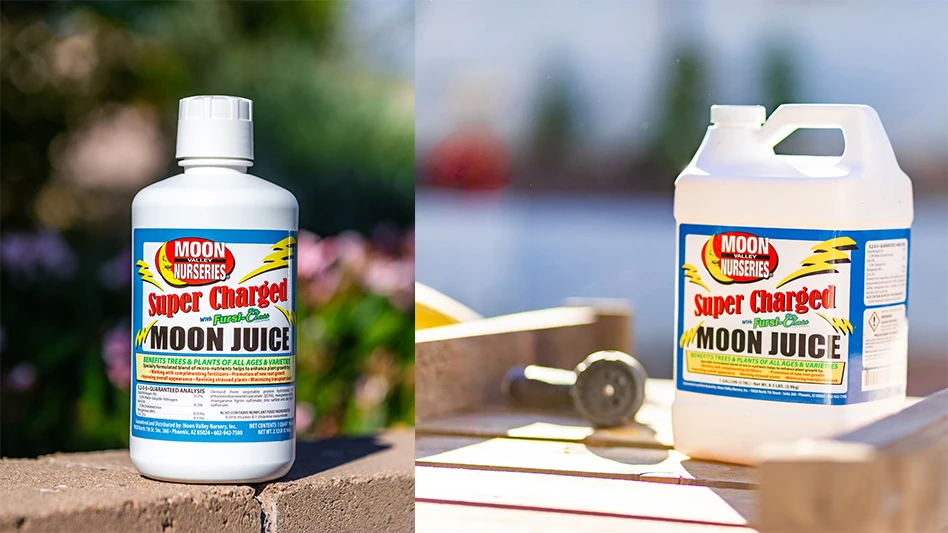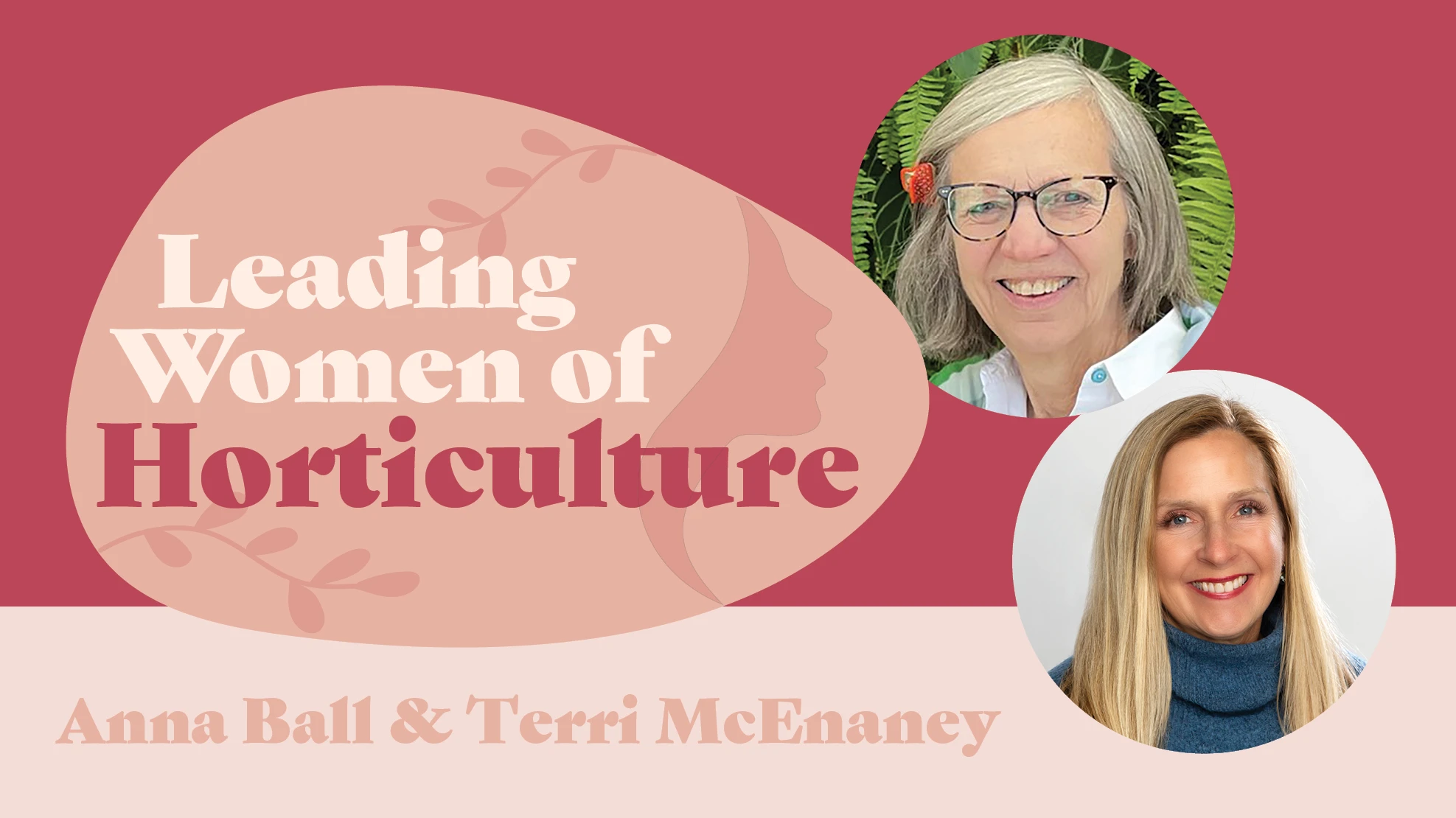|
The poll position
The other way you can get this bacterium is through ingestion. Remember when Mom used to say, “Wash your hands before you eat!” Boy, was she wrong. If you want to improve your mood, make your sandwich with dirty hands. Better yet, when you dig up that carrot, lick the dirt off and throw the carrot away. Confession: Eating dirt was part of my childhood. And I can say I have never had a depressed moment in my life, except when the local basketball team blew a 17-point lead and lost a trip to the state championship. Maybe Dr. Lowry could research what happened there. – Gary Church is a grower and garden writer |

Explore the March 2011 Issue
Check out more from this issue and find your next story to read.
Latest from Garden Center
- Society of American Florists accepting entries for 2025 Marketer of the Year Contest
- Sustainabloom launches Wholesale Nickel Program to support floriculture sustainability
- American Horticultural Society welcomes five new board members
- Color Orchids acquires Floricultura Pacific, becoming largest orchid supplier in U.S.
- American Floral Endowment establishes Demaree Family Floriculture Advancement Fund
- The Growth Industry Episode 3: Across the Pond with Neville Stein
- Proven Winners offers Certified Garden Center Training for staff education
- Digging In Association hosts inaugural Platinum Trowel Awards at winter conference



 Here’s one happy bacterium
Here’s one happy bacterium




